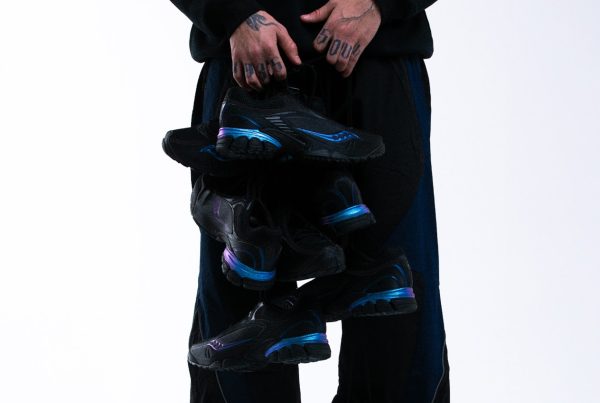Most parents have taken to teaching their children the dangers of drugs. A few years back, marijuana was among the drugs prohibited in the country. This made it easy to warn teenagers and younger adults against using the same. What about current times? A total of 19 states and Washington D.C, as well as Guam, have legalized drug use.
Now more teenagers can easily access cannabis even though dispensaries require some form of identification. The question is, do parents need to discuss edibles with their teenagers? The answer to this is yes. In the current modern world, they can find them by simply looking up CBD chocolate near me online. Parents should take the role of teaching their teenagers about edibles and their effects.
Legalization and Its Impact on Cannabis Use
When states started to legalize marijuana use, there was a general concern about what this would mean for teen drug use. Parents and other members of society felt that making the drug readily available would give adolescents access to them. A huge number were mostly against the legalization.
Existing statistical records show that the opposite is happening. An article in the Journal of Adolescent Health states that teen use declined by 16% after legalisation. The findings were the result of a 2020 study compared to other years.
One of the reasons why teen use numbers are declining is the state regulations. In most states, dispensaries can only sell to individuals 18 years and above. Others require a medical marijuana card on top of being 18 years old. And in some, the age of recreational use is 21.
The Effect of Cannabis Use Among Adolescents
Stoners take marijuana edibles because they expect to get high or any other beneficial properties. After taking the cookie or the brownie, the effects come from a high that spreads all over the body. As a parent, one of the main questions you may ask is, would pot brownies affect my teenager the same as they would me?
Teenagers who ingest marijuana, whether in edible form or through smoking, experience the range of effects anyone else feels. They experience the high and can even feel relaxed afterwards. The immediate effects of cannabis on adolescents do not vary so widely from that of adults. The issue comes in with long-term use.
Weed edibles affect teenagers differently from adults in the long run. The teenage brain is not yet fully developed as the process ends at 25. Exposing it to drugs and harmful substances undermines its development. Adolescents who use edibles chronically are likely to have developmental impairments such as cognitive and motor dysfunction.
What Teenagers Need to Know About Edibles
Living in the digital world has changed everything, especially when it comes to parenting. Parents are charged with protecting their children, yet the internet exposes them to everything. When having the drug talk, specifically edibles, you may wonder what to mention and what to leave out. Our experts determined that the following are some of the important points you need to touch on;
What Weed Edibles Are and Their Effects
A nice starting point is by breaking down the basics. Though most teenagers know what edibles are, reviewing them one more time never hurts. You could explain the process of making them, how they get absorbed into the body and the effects afterwards. For instance, most first-time users assume they haven’t had enough edibles and take too many. It may be helpful for them to know that edibles take longer to hit than smoking.
Risks to Brain Development
Other than the basics, it is also important for them to understand the ugly side. Explaining their developmental process and how cannabis affects the same is essential for them to look at long-term effects. Studies indicate that frequent use of edibles can result in cognitive malfunction, such as loss of memory, disorientation, slurred speech, and more. Regardless of their medicinal use, they should know that over-use before age 25 can be detrimental.
Marijuana Use and Driving
As with all other drugs, it is important to cover the issue of driving under the influence. Though edibles use is not as intoxicating as alcohol, teenagers should be dissuaded from driving while high. Driving while high on cookies or gummies can lead to a loss of focus on the road leading to an accident. There have been reports of individuals who got easily distracted, resulting in an accident.
Overdose
Unknown to many, marijuana overdoses are a thing. Due to the unique wait needed after ingesting edibles, it is common for people to overdose on the same. Unlike blunts, edibles need the user to wait for over an hour before feeling the effects. Some people pile on with numerous pieces hoping for a faster high. In the end, they end up with symptoms like nausea, disorientation, high blood pressure, and memory loss.
Conclusion
In this digital era, it is more helpful to be transparent with teenagers rather than keep them in the dark. Parents who want to protect their teenagers should freely discuss issues such as weed edibles with them. The act creates trust that equips them with the information they need while maintaining your relationship. Since the drug has been widely legalized, it will become more available. By teaching teenagers what edibles are, how they affect their bodies and brains, possible negative outcomes, and other general stuff, they know what to avoid.



























































